Interviews with Marketers: Tariq Khan

As Director of Content Marketing at Algolia, Tariq heads the creative development and content strategy for thought leadership as well as marketing campaigns. Prior to joining Algolia, Tariq previously worked in a number of countries as a journalist, ad copywriter, brand manager, creative director, and a content strategist across a number of industries including news-media, luxury travel, public education, banking and financial services as well as cross-national advertising. Based out of Austin, TX., Tariq enjoys reading, traveling, photography and is a self-professed sci-fi and history nerd.
What do you love most about the marketing world?
I think right now is a very exciting time to be a marketer. We’re truly living in the golden age of marketing technology with access to innovative software, analytics tools, and online learning opportunities. Marketing has become less of an art form and more like science. There’s so much more freedom of action. We can now bring campaigns to market much quicker, prototype concepts more easily, and test initiatives in real time. However, all this progress comes with a level of accountability never before seen in the history of marketing as a profession.
There are so many different things you can do as a marketer. What are you top three technologies that you always go to?
This is a tough question due to the proliferation of role-specific marketing technology. Having worked across the entire marketing value chain (including news media, advertising agencies and in a number of industries on the brand side), I’ve had different sets of “favorite” tools that I have relied on depending on the job.
However, if I had to pick three favorites, I would say first the Atlassian tools suite, Jira and Confluence to facilitate my team’s agile shared service model.
The second would be Figma because as a design tool it is very user-friendly. Figma gives my team the flexibility to rapidly prototype concepts and surface them quickly. The ability to present multiple content formats and creative artwork at a higher level of fidelity helps us better communicate with diverse work groups – particularly non-marketing functions such as engineering, R&D, and product teams. This helps us get decisions we need quicker to bring things to market at a higher velocity.
Finally, our suite of analytics tools allow us to monitor content engagement and how effective we have been in delivering value for our stakeholders and customers.
Tell us about a few challenges you have had to overcome? What kind of challenges would you talk about that other marketers would be interested in learning?
In my experience in multiple industries and countries, the key challenge for marketers in every situation is: how do you continue to keep moving the needle for your customers, your organization, and your team in meaningful ways that drive growth? You need to continually add critical skills, capabilities, and knowledge to stand out and stay ahead of your competition.
However, the great part about living in the golden age of marketing is that you’re also living in the golden age of online learning. You can learn a new skill or become platform certified within the span of hours. Online learning is a great opportunity to stay ahead of the curve and add new capabilities and insights to your team that help you deliver to the organization’s overall growth strategy.
At a more macro level, another constant challenge is ensuring that your initiatives are laddering up to the content strategy goals of the organization. Marketers are now managing a plethora of channels and touchpoints – all of which have streams of data that give actionable intelligence. Marketers need to be able to read into that data to identify the trends, distill the information, and ensure that each moving part is contributing to the larger strategic plan that is driving key deliverables for the business.
Lastly, a challenge that I see a lot of marketing teams struggle with is creating processes and structures to maintain quality while delivering at scale. As we build out a steady stream of successful initiatives, marketers need to create a process architecture to execute on strategies in a repeatable, reliable, and scalable way. I am a big proponent of using project management frameworks like agile that let teams work in an independent, self-managed structure with established methods to manage dependencies and key accountabilities. This gives my marketing team the freedom to be creative along with the flexibility to quickly pivot while consistently delivering quality work.
Are there some skills you bring to the table that you did not know would be relevant in your field?
I am an avid reader of history. I find that understanding historical perspectives has helped me recognize emerging trends in customer behaviors, markets, and business cycles as well as how they connect to wider patterns.
Also, speaking multiple languages and having lived in many different countries has given me cross-cultural awareness that is important in our globalized world. This awareness helps me empathize and see things from other people’s perspectives. I cannot overstate how important this has been for my personal and professional growth.
What is your #1 piece of advice that you have for someone who wants to become a better marketer?
Advice that I got very early in my career is that good strategy is extremely important, but excellence in execution can make all the difference. So, as you’re building strategy, as you’re building scale, put equal focus on your execution plan because that’s what truly makes any campaign successful.
I would also advise that whatever stage you are at in your marketing career to show up and focus on getting things done. Because once you’ve built a reputation as someone who can produce quality work reliably, whether it’s strategizing or executing on a tactical level, more opportunities will open that will supercharge your career’s growth trajectory.
Lastly, embrace a culture of accountability and be open to learn and relearn things at all times. Whether you do that through structured channels like training or informal ones like seeking mentors around you — make sure the learning never stops.
You’ll find that everybody thinks they can do a marketer’s job but not many can do this job well — at a level of reliable accuracy. This means the race is always on to show the value that you add through a snowballing effect of consistent good marketing.
Some
Clients


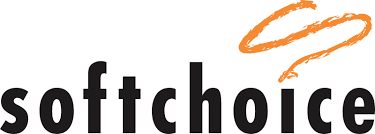


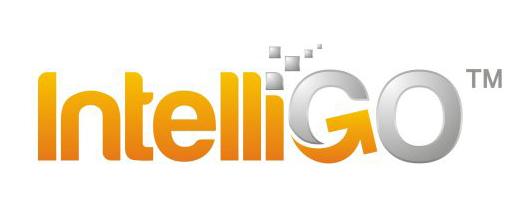


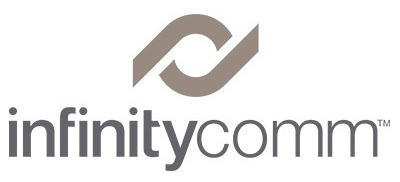
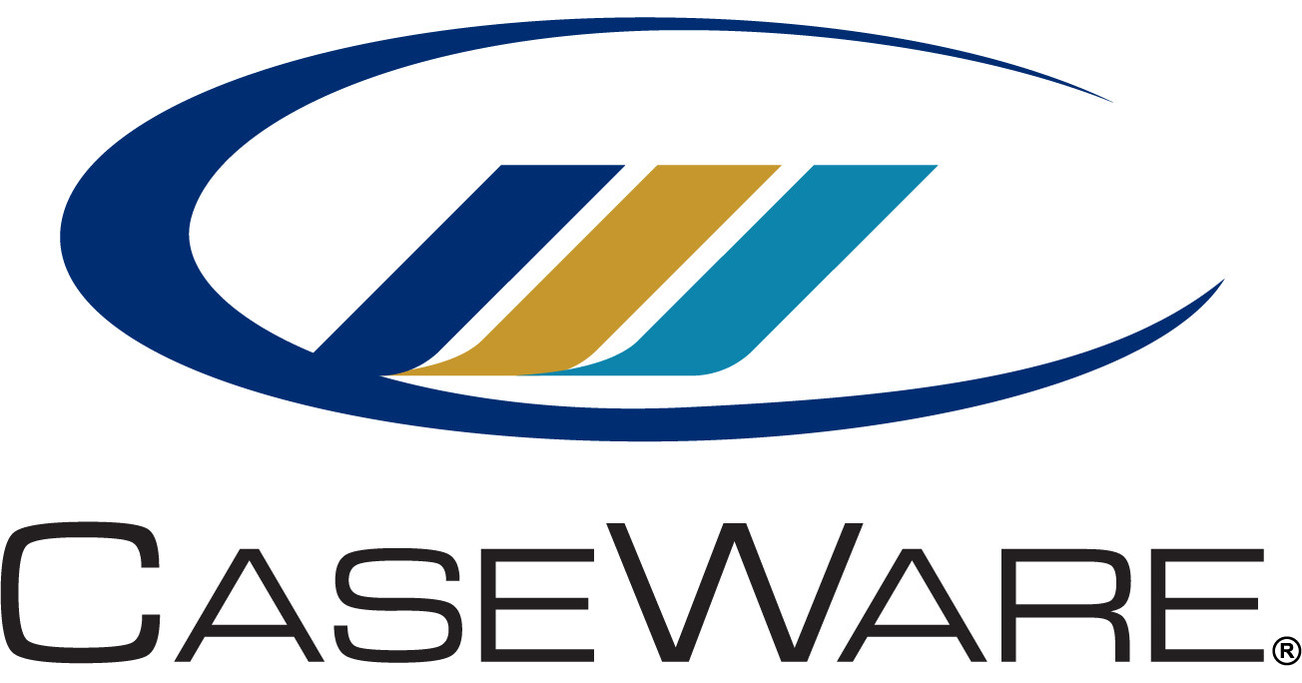
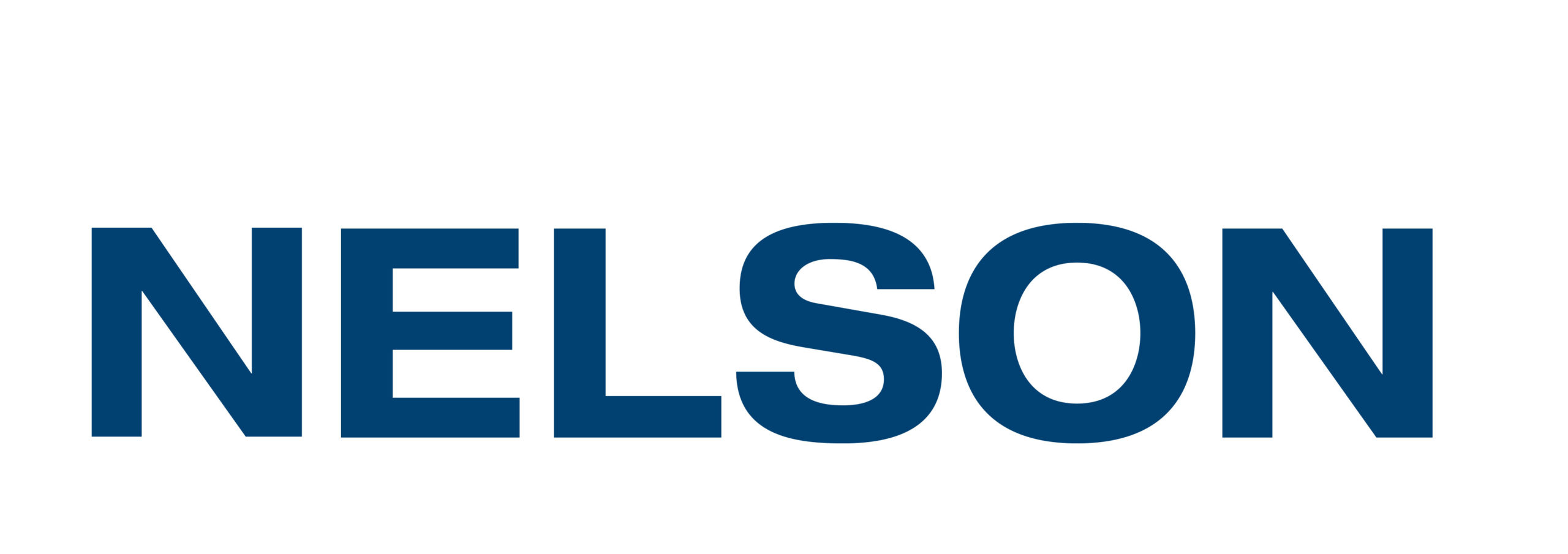
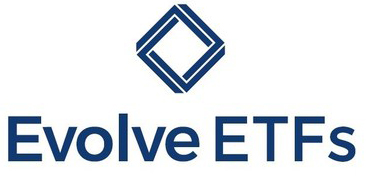

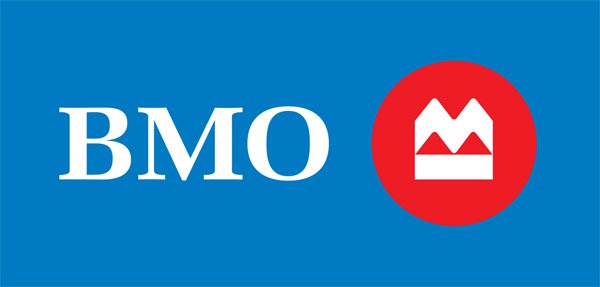
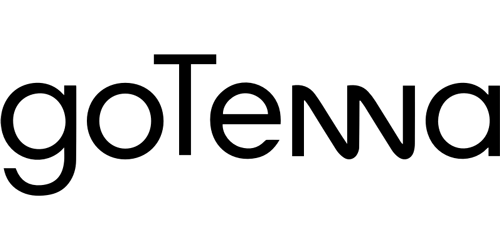
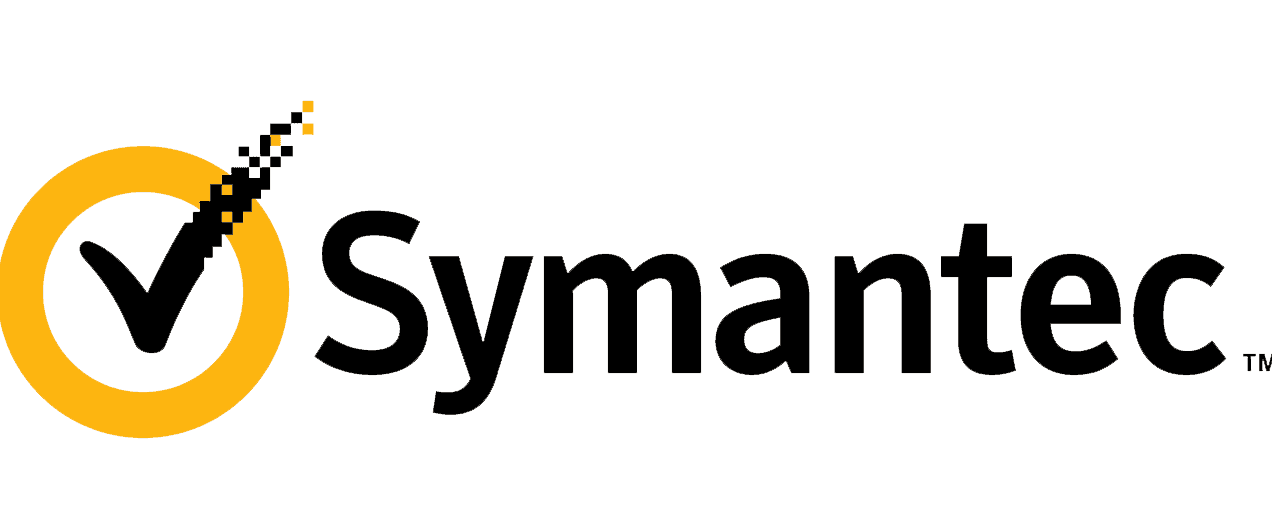
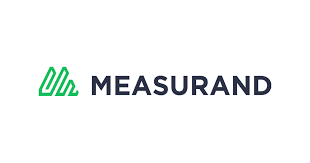
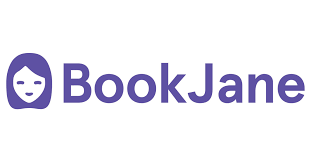
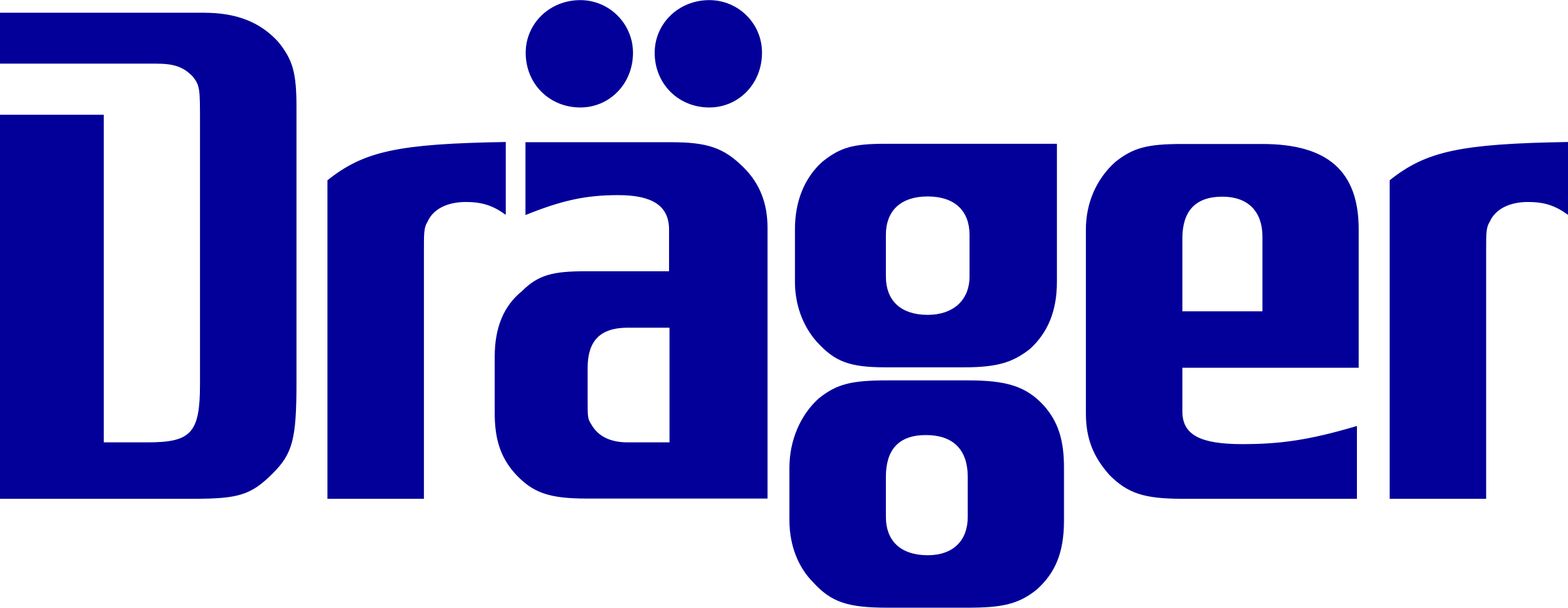















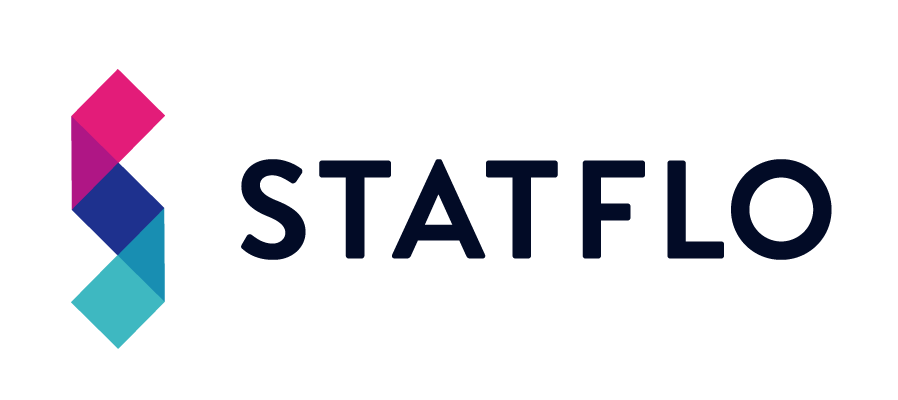



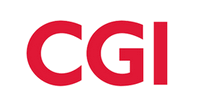
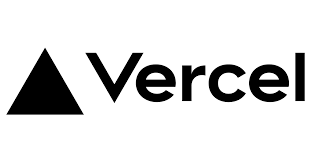







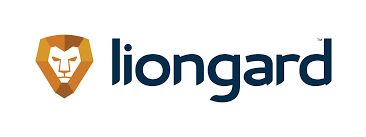


LET’S TALK!
HeadStart is an extension of your team to help you finish your content projects. Call 1.416.712.4440 or contact us.


